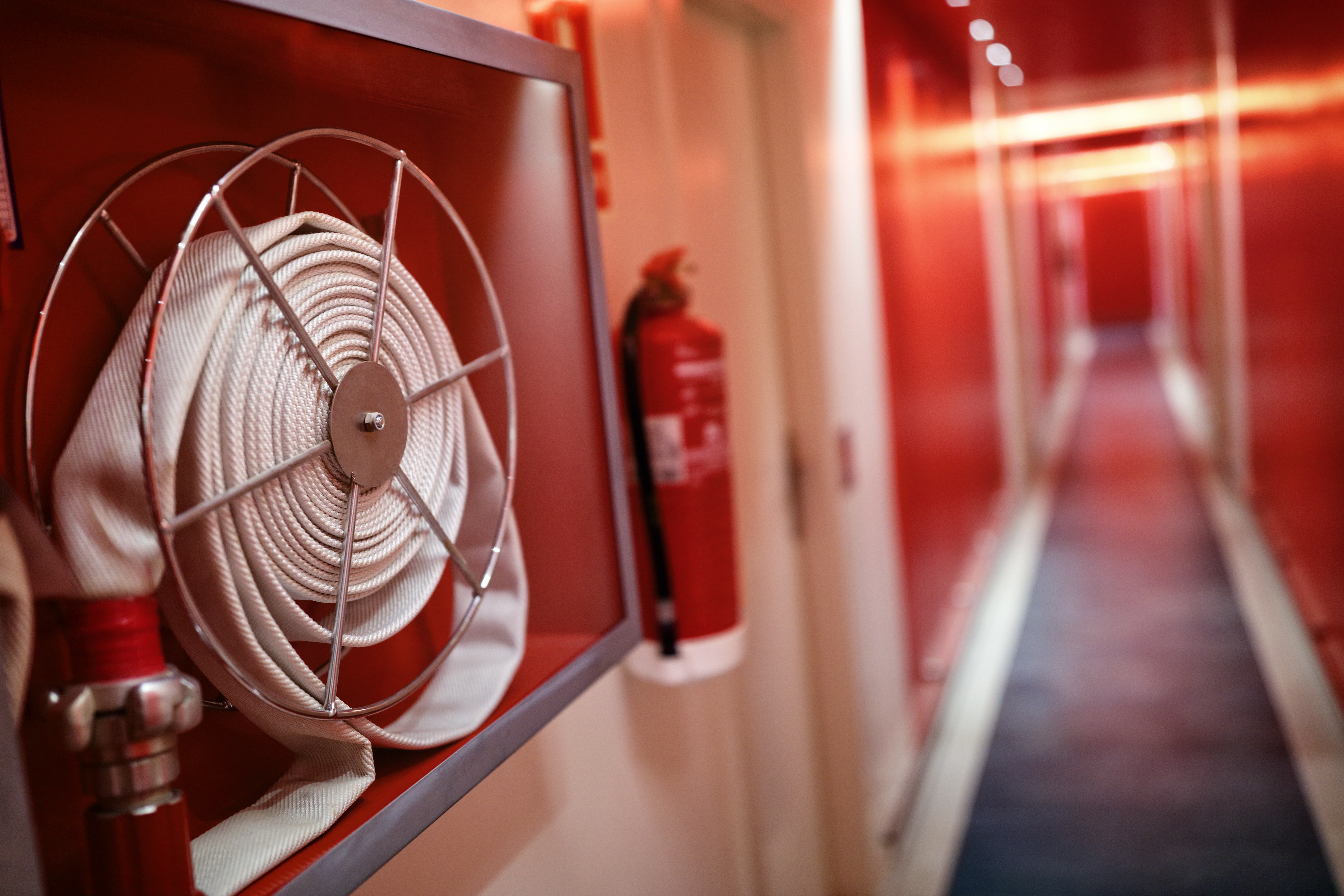Natural disasters such as wildfires can do extensive damage, not just to a building but to an entire region. While hoteliers have focused on the renovation to allow effective social distancing, the industry cannot forget about disasters beyond COVID-19. Fire safety should be included as a top priority, especially in a state such as California, where wildfires have gotten worse over the years. Here are important points for hotels to check to ensure fire safety.
Establishing a Fire Protection System
The key to protecting hotel guests effectively from fire is to adopt the best practices for fire prevention and to invest in the appropriate equipment and signage, then be ready for emergency evacuations. Smoke detectors should meet local codes and be installed throughout the hotel property in every room. Some of the other necessary systems to control fire and foot traffic are ceiling sprinklers, Class A fire extinguishers, and battery-operated lights above exit doors.
Fire extinguishers should be located every 75 feet so that tenants are always near one, which should be enclosed in glass cases within hallways. As with other food service businesses, hotels need stove hoods in kitchens with the capabilities to release fire-extinguishing chemicals.
Training staff members on how to use fire safety equipment is essential to ensure sufficient preparation for a fire disaster. Employees must know fire protection basics at a minimum, especially those who work in a kitchen, where most fires start. They should be trained on how to understand how a kitchen hood works, in which sprinklers are activated when temperatures get too high.
Testing for Functionality
Since fire safety is essential during COVID-19 and all other times, it's important to test fire protection systems periodically to ensure they function properly. The equipment should be inspected by professionals annually to ensure it's ready to use at all times. Conducting regular maintenance checkups will ensure fire extinguishers, sprinklers and alarms work properly so that there are no sudden unpleasant surprises during a catastrophe.
Hotel personnel should also regularly check emergency lights and make sure the text on fire extinguishers can be easily read to meet modern standards. Be aware as to which components of your fire protection system operate automatically or if they require human intervention. Using fire extinguishers right away should be the first line of defense for a fire in progress, so that sprinklers aren't necessary to put out the fire.
Evacuation Procedures
Every hotel room and hallway should have easy-to-find instructions on how to proceed during a fire emergency. All the information necessary for an evacuation should be fit onto one sheet of paper. These sheets should include fire safety routes, where exits are located, and specific safety areas where people need to go. If your hotel has elevators, make sure they are programmed to return to a safe floor when a fire alarm is triggered.
While COVID-19 is a temporary problem that has slowed down business, hoteliers must still be prepared for other disasters. Practicing proactive fire safety can make a big difference that could save lives during a fire. Contact Nikki Fox, Nikki@ParkwestGC.com, at
Parkwest General Contractors to learn more about how we improve fire safety and other renovation concerns for hotel properties during the pandemic.



